Humans
Sign up for our newsletter
We summarize the week's scientific breakthroughs every Thursday.
-
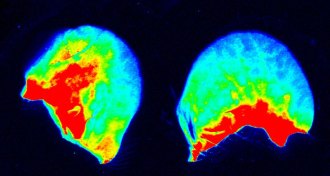 Health & Medicine
Health & MedicineMosquito spit can increase dengue severity
By weakening blood vessels, mosquito saliva may make dengue fever more severe in some cases.
-
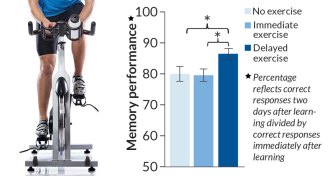
-
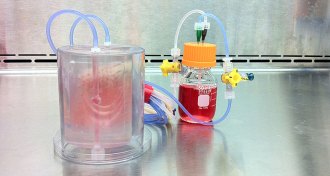 Health & Medicine
Health & MedicineStem cells from pig fat aid in growing new bone
Scientists transform fat stem cells into bone and grow new jaws for minipigs.
-
 Health & Medicine
Health & MedicineZika infection late in pregnancy may be not so risky
An early report out of Colombia finds no microcephaly in babies born to a group of pregnant women infected with Zika virus during the third trimester.
By Meghan Rosen -
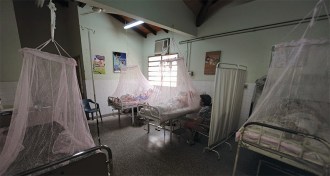 Life
LifeVaccines may offer defense against dengue, Zika and chikungunya
Mosquitoes carry several harmful viruses—dengue, Zika, chikungunya. Vaccines may be the best means of defense.
By Laura Beil -
 Health & Medicine
Health & MedicineWHO: Very little risk that Brazil’s Olympics will speed Zika’s spread
Olympics not likely to hasten international spread of Zika virus, according to WHO analysis that includes data from previous mass gatherings.
By Meghan Rosen -
 Health & Medicine
Health & MedicineMoms’ voices get big reactions in kids’ brains
Mothers’ voices get big responses in kids’ brains, a neural reaction that may lead to feelings of calm.
-
 Psychology
PsychologyKids’ anxieties, depression need attention
Psychological troubles in childhood are no longer considered a part of normal development.
By Bruce Bower -
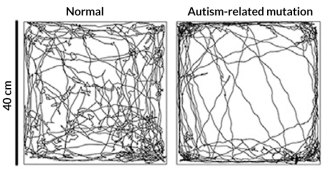 Neuroscience
NeuroscienceAbnormal sense of touch may play role in autism
Autism-related genes are important for touch perception, a sense that may help the brain develop normally, a study of mice suggests.
-
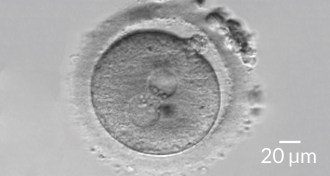 Life
LifeRefined ‘three-parent-baby’ procedure improves chances for healthy infant
Improved technique could reduce risk of passing on faulty mitochondria.
-
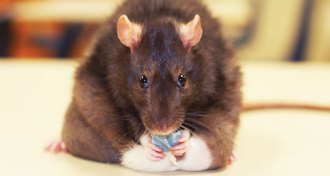 Life
LifeObesity’s weight gain message starts in gut
Acetate made by gut microbes stimulates weight gain, research in rodents suggests.
-
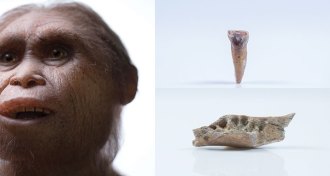 Anthropology
AnthropologyHobbit history gets new preface
Jaw, tooth fossils put new spin on evolution of Homo floresiensis.
By Bruce Bower